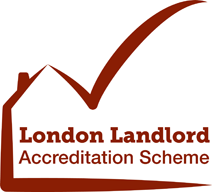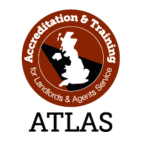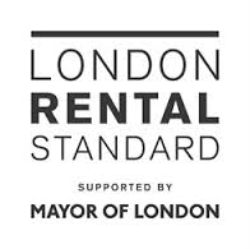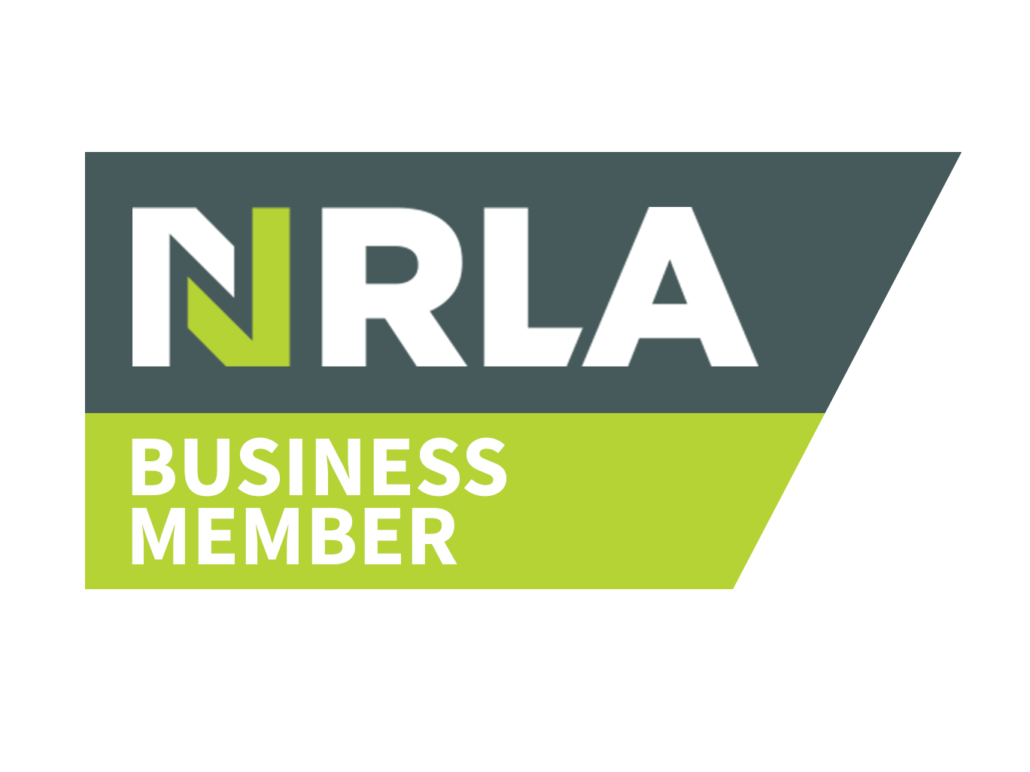
Your Step-by-Step HMO Licence Guide: Unlocking London Living
London, a city teeming with life, culture, and opportunities, has become a hub for individuals seeking shared living spaces. House in Multiple Occupation (HMO) properties, in particular, offer an affordable and vibrant living experience. If…
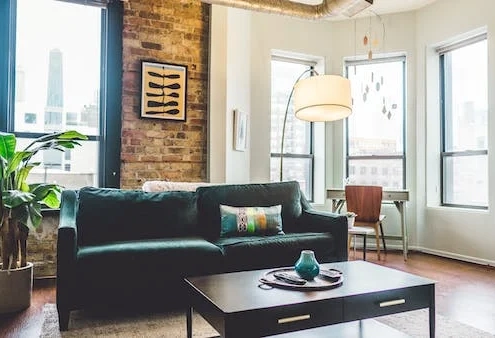
Securing HMO Licensing: An In-Depth Guide for Success
With the increasing demand for affordable housing, House in Multiple Occupation (HMO) properties in property management are gaining popularity. HMOs, which stands for "House in Multiple Occupation," are rental properties shared by three or more…

Comprehending HMOs in the Field of Property Management
Understanding and Managing HMOs: A Comprehensive Guide
As the demand for affordable housing continues to rise, HMOs in the field of property management have become increasingly popular. HMOs are rental properties shared by three or…

Save Money for Landlords and Renters: New Council Tax Rules
The UK government has announced great news for renters in shared housing. They will stop the practice of banding individual rooms in shared houses separately for council tax purposes. This change will significantly reduce the amount of council…

